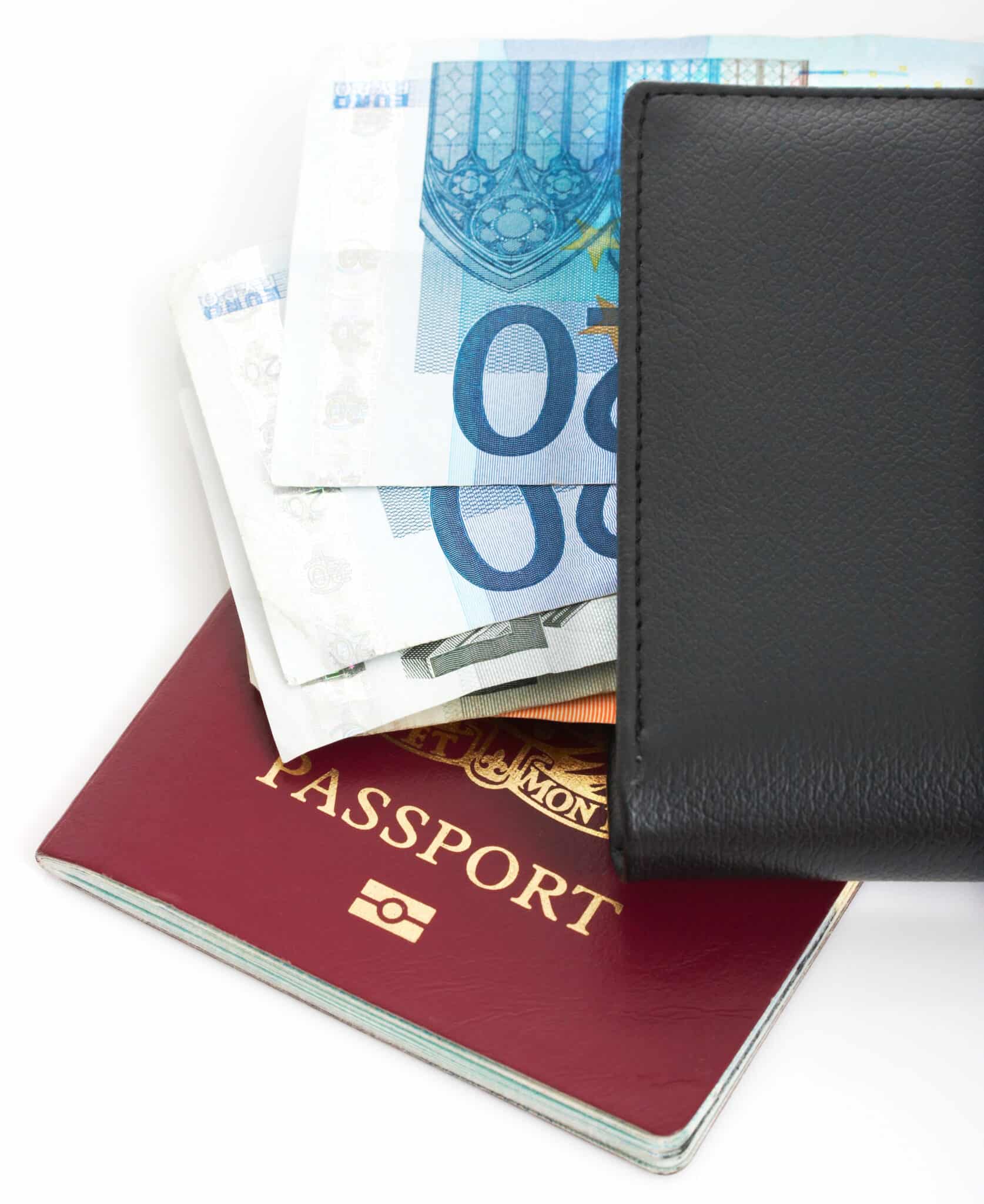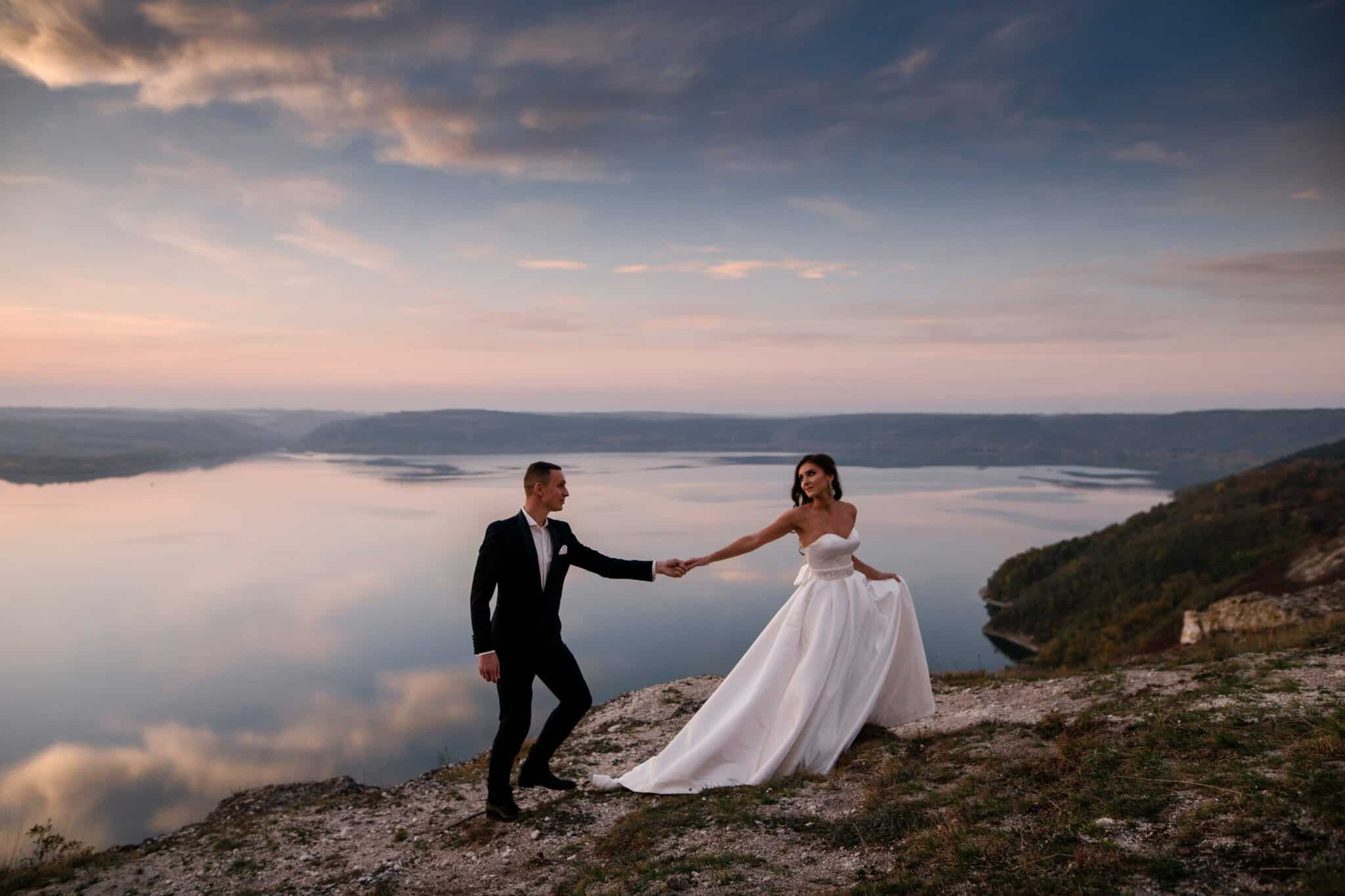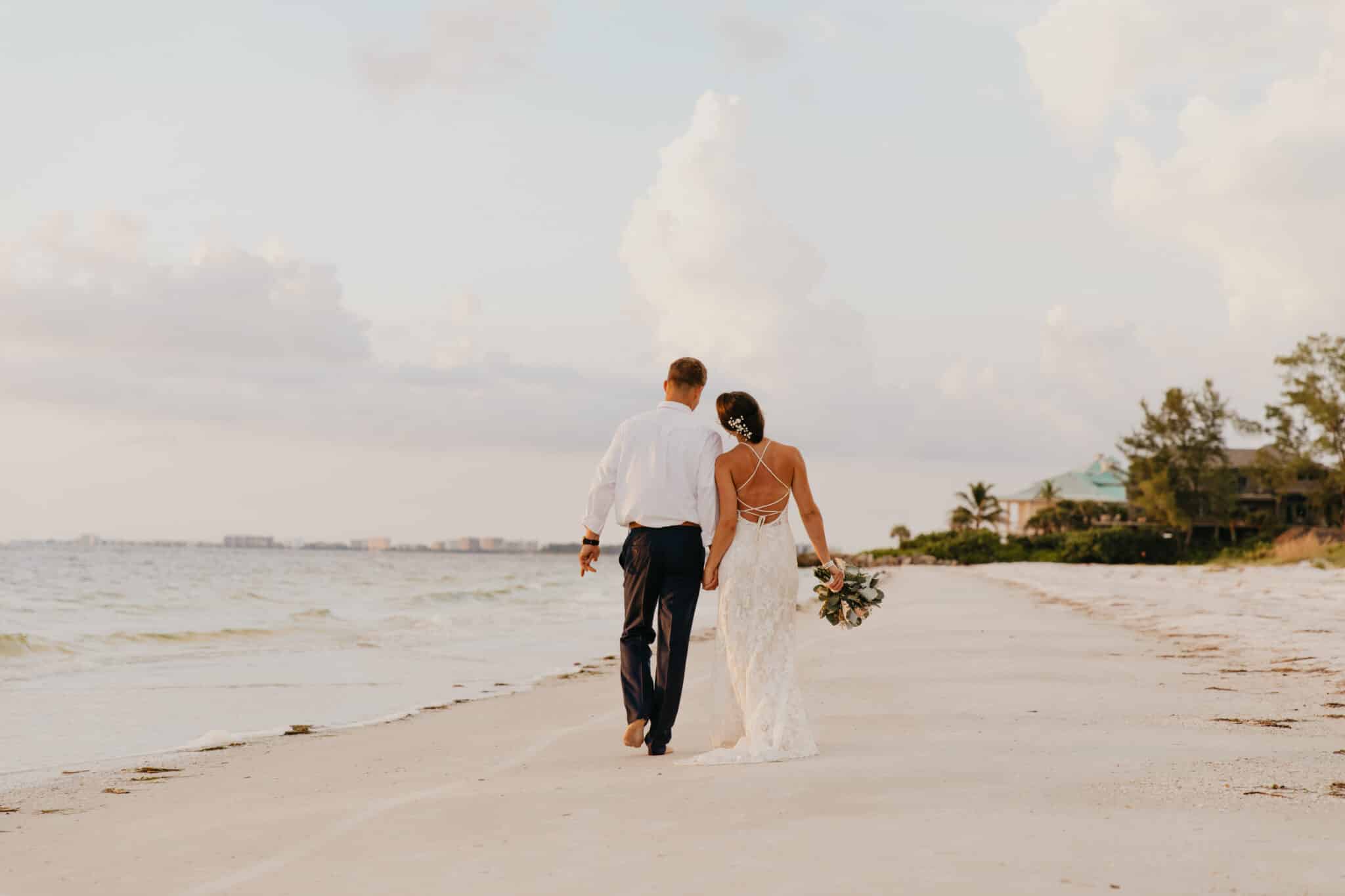Top Tips To Planning A Destination Wedding
Planning Your Destination Wedding
Destination weddings offer a unique and picturesque way to celebrate your special day. Planning a destination wedding requires careful consideration and attention to detail to ensure a picture-perfect celebration. Here are some tips to help you plan your dream destination wedding:
Choose the Perfect Location: Research and select a destination that holds significance for you as a couple or that embodies the ambiance and aesthetic you desire for your wedding. Consider factors such as accessibility, climate, and local attractions. Whether it’s a tropical beach, a charming European city, or a serene countryside, find a location that aligns with your vision.
Plan: Destination weddings typically require more advanced planning compared to traditional weddings. Give yourself ample time to research, book vendors, and coordinate logistics. Start planning at least a year in advance to secure the best venues, accommodations, and vendors. This allows you to navigate any legal requirements or necessary paperwork for marrying in a foreign country, if applicable.
Hire a Local Wedding Planner: Enlist the services of a reputable local wedding planner who specializes in destination weddings. A local planner will have invaluable knowledge of the area, including the best venues, vendors, and logistical considerations. They can assist with securing permits, managing the timeline, and ensuring a seamless experience for you and your guests.
Consider Guest Experience: Keep your guests’ experience in mind when planning a destination wedding. Provide them with all the necessary information, including travel arrangements, accommodation options, and activities in the area. Offer assistance and recommendations for transportation, local attractions, and sightseeing opportunities, ensuring that your guests have a memorable and enjoyable stay.
Understand Local Laws and Customs: Familiarize yourself with the legal requirements and customs of the destination where you will be marrying. Research any necessary documents, such as marriage licenses or translations, and ensure you comply with local regulations. Understanding cultural customs and traditions can also help you incorporate local elements into your wedding, making it more meaningful and authentic.
Budget Wisely: Destination weddings can vary in cost depending on the location, travel expenses, and accommodations. Establish a clear budget and consider additional expenses such as travel costs for you and your guests, vendor fees, and any necessary rentals or permits. Be mindful of currency exchange rates and factor in any extra costs associated with planning a wedding in a different country.

Communicate with Guests About Your Destination Wedding
Effective communication is key when planning a destination wedding. Keep your guests informed about important details such as the wedding date, location, travel arrangements, and accommodation options. Create a wedding website or send regular updates via email to ensure everyone has the necessary information and can plan accordingly. Effective communication with guests attending a destination wedding is crucial to ensure a smooth and enjoyable experience for everyone involved. Here are some tips to help couples communicate effectively with their guests:
Save the Date: Send out save-the-date cards or emails well in advance to give guests ample time to plan and make necessary arrangements. Include the date, location, and any initial details or requirements they should be aware of.
Wedding Website: Create a dedicated wedding website where you can provide comprehensive information about the destination wedding. Include details such as travel and accommodation options, transportation guidelines, local attractions, and a schedule of events. Make sure the website is user-friendly and easily accessible for guests to find all the information they need.
Invitation Suite: Send out formal invitations with all the necessary details, including the wedding date, location, and RSVP instructions. Consider including additional inserts with pertinent information such as travel tips, local customs, or optional activities for guests to participate in during their stay.
Frequently Asked Questions (FAQs): Anticipate common questions guests may have and create an FAQ section on your wedding website or include it in your invitation suite. Address queries about accommodations, transportation, dress code, currency, and any other relevant information. This will help minimize repetitive inquiries and provide clarity to your guests.
Clear RSVP Process: Clearly communicate the RSVP process and deadline. Provide multiple options for RSVPing, such as an online form, email, or phone number, to accommodate various guest preferences. Make it easy for guests to indicate their attendance and any special requirements or dietary restrictions they may have.
Travel and Accommodation Assistance: Offer assistance and recommendations for travel and accommodation options. Provide a list of suggested hotels or resorts in different price ranges, along with contact information and booking instructions. Consider negotiating group rates or securing room blocks to make the process more convenient for guests.
Transportation Guidelines: Provide detailed information about local transportation options, including airports, train stations, and car rental services. Offer guidance on the best routes to reach the destination and any specific instructions for getting to the wedding venue from the airport or accommodation.
Local Attractions and Activities: Share information about local attractions, landmarks, and activities that guests can enjoy during their visit. Include recommendations for sightseeing, dining, shopping, or any pre- or post-wedding events that guests may want to participate in.
Weather and Dress Code Guidance: If the destination has unique weather conditions or requires specific attire, communicate this information to your guests. Advise them on appropriate clothing for the climate and any necessary accessories they may need.
Regular Updates and Reminders: Throughout the planning process, send regular updates and reminders to keep guests informed and engaged. Share any changes in the schedule, important deadlines, or any other pertinent details. Consider sending out a final reminder a few weeks before the wedding to ensure guests have all the necessary information.
Personalized Communication: Whenever possible, provide personalized assistance to guests who may have specific questions or concerns. Respond promptly to inquiries and offer guidance or recommendations tailored to their needs.

Destination Weddings Are All About The Details
Embrace the destination’s charm and incorporate local elements into your wedding. From the cuisine and décor to music and traditions, infuse the local culture into your celebration. Consider incorporating local flowers, hiring local musicians, or arranging for traditional performances to create an authentic experience for you and your guests.
Plan for Weather Conditions: Depending on your chosen destination, be prepared for potential weather challenges. Research the typical weather patterns and plan accordingly. Have backup options available in case of inclement weather and consider indoor venues or tent rentals for added flexibility.
Research Weather Patterns: Start by researching the typical weather patterns of the destination during the time of your wedding. Understand the average temperatures, rainfall, and any other weather conditions that may be prevalent. This will give you a general idea of what to expect.
Have a Backup Plan: Prepare a backup plan for outdoor ceremonies or receptions in case of inclement weather. Identify indoor venues or areas that can serve as alternative options. Coordinate with your wedding planner or venue staff to ensure that they are aware of the backup plan and can execute it seamlessly if needed.
Tent or Marquee Rentals: If you’re planning an outdoor wedding, consider renting tents or marquees. These can provide shelter from rain or shade from intense sun or heat. Ensure the tents are properly secured and have sides that can be added or removed based on weather conditions.
Weather-Appropriate Attire: Communicate with your guests in advance about the anticipated weather conditions. Provide suggestions for weather-appropriate attire, such as lighter fabrics for hot climates or shawls and jackets for cooler temperatures. If you anticipate rain, you may also suggest bringing umbrellas or raincoats.
Comfort Stations: Prepare comfort stations with items that will help guests stay comfortable in different weather conditions. For hot weather, provide fans, shade, and plenty of water stations. In cooler weather, have blankets or portable heaters available. Consider renting portable air conditioning units or fans for indoor venues if necessary.
Communicate with Vendors: Keep your vendors informed about potential weather challenges and discuss contingency plans with them. Ensure that your photographer, videographer, and other vendors are prepared to adapt to different weather conditions and can still capture beautiful moments.
Decor Considerations: Choose decor elements that can withstand various weather conditions. Avoid delicate or lightweight decorations that can easily be damaged by wind or rain. Opt for sturdy centerpieces, weighted tablecloths, and secure any outdoor decorations to withstand potential weather-related challenges.
Wedding Insurance: Consider obtaining wedding insurance that includes coverage for weather-related cancellations or disruptions. It can provide financial protection in case severe weather forces you to postpone or change plans.
Clear Communication: Keep your guests informed about any potential weather-related changes or updates. Utilize your wedding website, email updates, or social media platforms to provide timely information about any adjustments to the schedule or plans.

Embrace Your Destination Wedding
Sometimes, despite careful planning, the weather may not cooperate. Embrace it as part of your wedding story and make the best of the situation. Incorporate weather-related props or accessories for photo opportunities, and encourage guests to enjoy the unique experience that the weather brings.
Enjoy the Experience: Finally, remember to enjoy the entire planning process and embrace the adventure of a destination wedding. Take the time to explore the location with your partner, savor the local cuisine, and immerse yourselves in the culture.
It’s not just about the wedding day itself but also the memorable experience of sharing a special moment in a beautiful destination. With careful planning, attention to detail, and the right resources, your destination wedding can be a picture-perfect celebration that creates lasting memories for you, your partner, and your guests.








